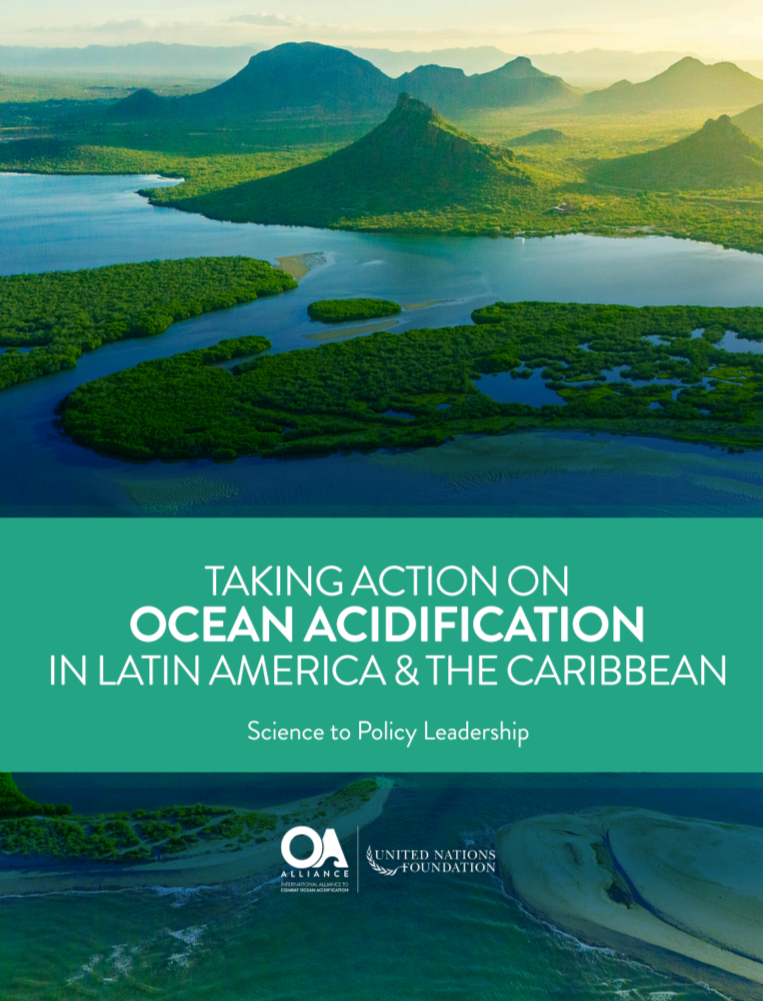
Latin America and the Caribbean
Ocean acidification has implications for Latin American and Caribbean economies that rely on fisheries, aquaculture, and tourism, potentially leading to revenue losses, job insecurity, and increased vulnerability of coastal communities that depend on marine resources for their livelihoods.
Across Latin America and the Caribbean region, countries have extensive coastlines and rely heavily on marine resources. For example, Chile, Mexico, Ecuador and Peru have a high economic dependence on fishing and aquaculture resources, especially mollusk harvesting and shrimp farming; while Colombia, Costa Rica, Venezuela and Cuba have a greater dependence on tourism associated with coral reefs. Brazil and Argentina are the largest fishery producers and exporters in Latin America.
Studies across different scales and regions examining the socio-economic impacts of climate change on seafood suggest a concerning economic outlook. This is especially critical given the rising global demand for aquatic food compared to previous decades.
A 2019 Report, “Regional Action Plan on Ocean Acidification for Latin America and the Caribbean” highlighted the emerging state of ocean acidification science and monitoring. For governments and communities to take action on ocean acidification, there must be an increased investment in science that connects to policy and management priorities across the region.
That’s why the Latin America Stakeholders Working Group was launched in 2025 to co-develop an “Ocean Acidification Policy Communications” project for uptake by national governments and financing bodies across Central and South America, with an emphasis on Pacific Rim and Caribbean regions.
The Stakeholder Working Group includes participation from 3 Ministries, 2 Regional OA Monitoring Networks, 3 National Marine institutes, 3 NGOs and 5 research universities across the Latin American region.
The Latin American OA Policy Communications project will:
Provide an overview of ocean acidification trends across Latin America and the Caribbean.
Recommend specific regional and national policies that should integrate or reflect ocean acidification aspects.
Call for increased regionalized financial investment in this work to support mitigation and adaptation needs of national governments.
Check out our projects and resources:
A regional policy brief linking OA science to action in Latin America and the Caribbean through research, collaboration, and policy recommendations.


